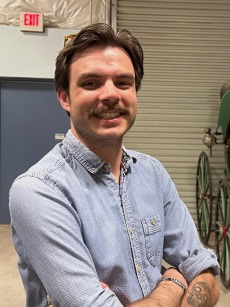Image

jacobsuitts@arizona.edu
Suitts, Jacob Richard
Adjunct Instructor

Oral approach. For the student with no previous experience in Spanish. Contact department for additional information.